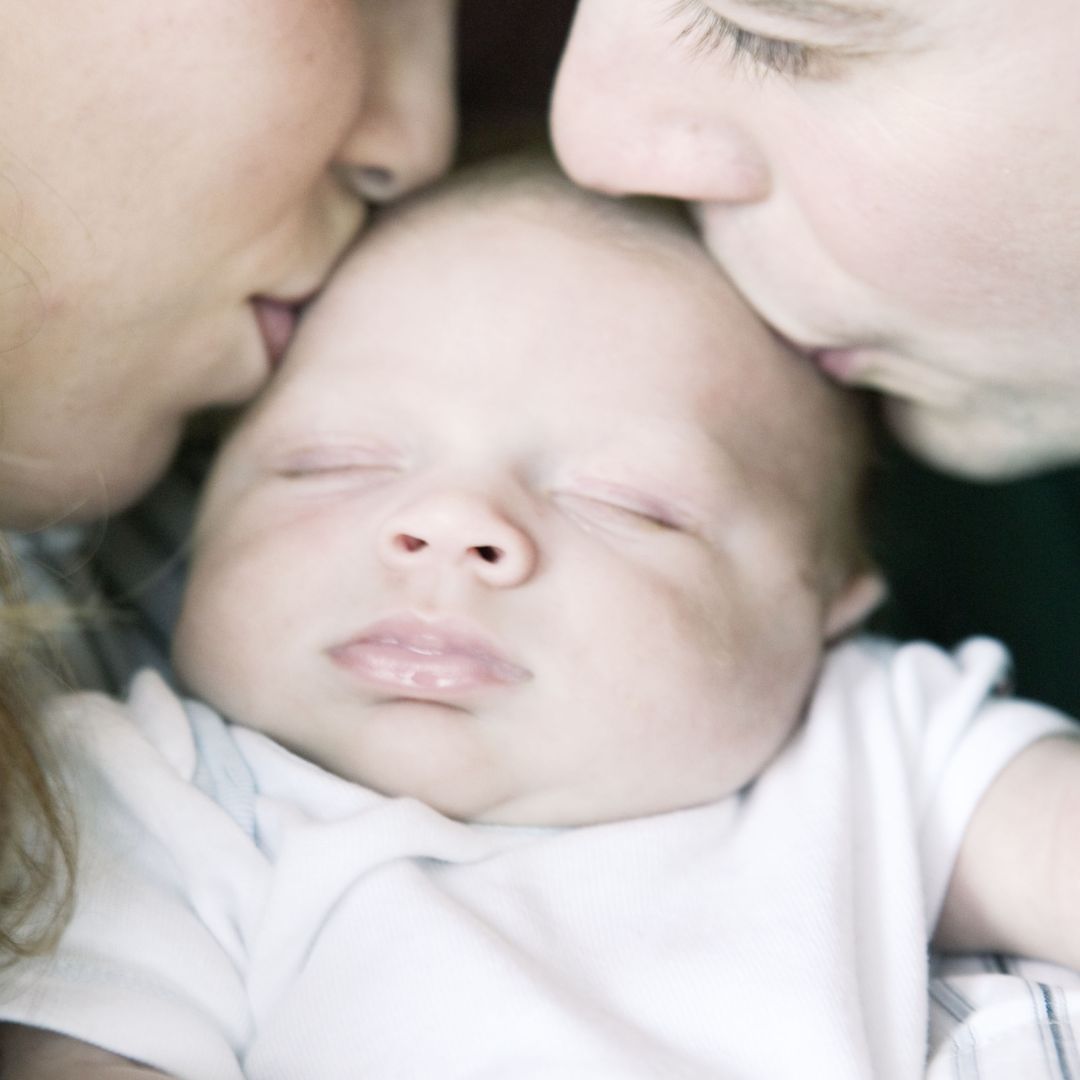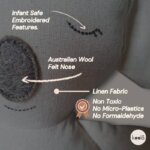Parental bonding, especially through the act of sniffing their baby’s head, has been a fascinating aspect of human behavior. Have you ever noticed how new mothers are so protective over their newborn, and fathers who are often quite hard characters become all soft and gentle? Scientific research uncovers the role of chemosignals in creating strong connections between parents and their infants.
Parental Instincts and Baby Odors: If you have a child you most likely remember the instant attraction to sniff your baby’s head? It is ongoing and can last for months if not years! This behavior is more than just a tender gesture – it’s rooted in biology. Research suggests that newborns emit unique odors that are compelling to their parents. A study by Varendi and Porter (2001) found that the smell of a baby’s head triggers a distinct neurological response in mothers, intensifying their emotional connection with the infant.
Chemical Signals and Parent-Infant Bond: The secret behind this phenomenon lies in the chemical signals emitted by newborns. A particular compound called hexadecanal (HEX) has been identified as a potential player in this process. HEX, which is naturally present in baby’s heads, is believed to carry crucial information for parent-infant bonding.

The Power of HEX: Recent research has shown that HEX can influence human behavior, particularly in relation to aggression. In a study, men exposed to HEX exhibited reduced aggression, while women demonstrated an increase in aggressive behavior. This suggests that HEX is capable of modulating social interactions. Interestingly, this aligns with the notion that the unique scent of a baby’s head can evoke positive and nurturing feelings in parents.
Parent-Infant Synchronization: Sniffing a baby’s head might have evolutionary roots that enhance parent-infant synchronization. A study by Sullivan et al. (2011) suggests that smelling the baby helps parents identify their child’s emotional state and respond appropriately. This may contribute to the development of a strong and secure parent-infant bond.

Now you can sniff your baby’s head and know it’s a biologically driven behavior that promotes bonding between parents and their infants. The chemical signals emitted by newborns, possibly including HEX, hold the key to enhancing parental instincts and nurturing relationships. Avoid the newborn hats while you’re there too. And make yourself aware that it’s not only the baby’s scent that plays an important role in the family’s connection, the mother and fathers scent also play an important role in the infant’s emotional wellbeing. Apply your scent to your newborns sheets, comforters and toys and your child will feel an extra sense of comfort that you are nearby.
>> Like this article? We bet you will also enjoy reading about the benefits of the newborn baby’s Vernix (the white stuff on their skin).
References
Varendi, H., & Porter, R. H. (2001). Breast odour as the only maternal stimulus elicits crawling towards the odour source. Acta Paediatrica, 90(4), 372-375.
Mishor, E. et al. Sniffing the human body volatile hexadecanal blocks aggression in men but triggers aggression in women. Science Advances (2021). DOI: 10.1126/sciadv.abg1530
Sullivan, R. M., Toubas, P., & Leon, M. (2011). Maternal regulation of infant brain state. Current Biology, 21(12), 1016-1020.
Disclaimer: The information provided in this article is for educational purposes only and should not be considered as medical advice. Always consult with a healthcare professional before making any changes to your health routine or treatment.










































































